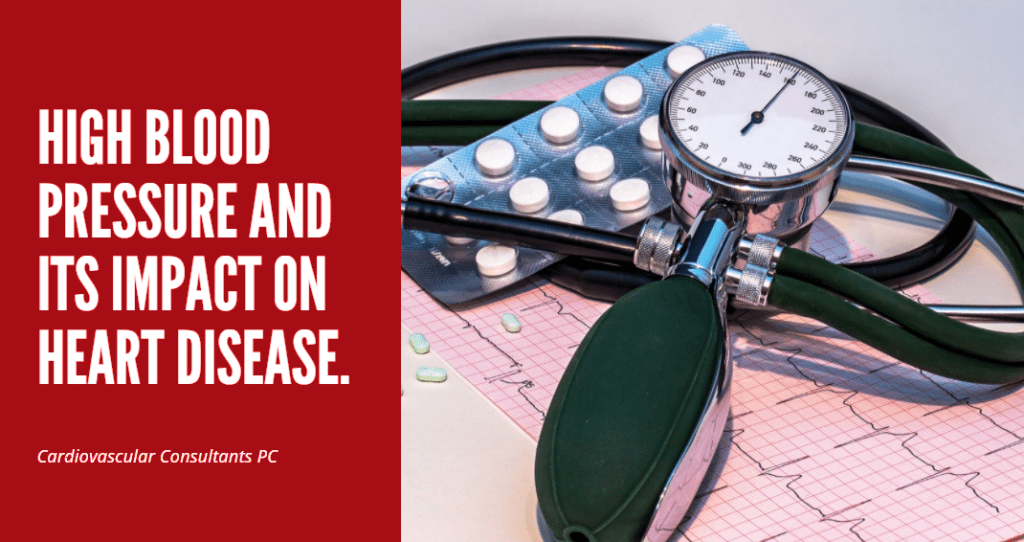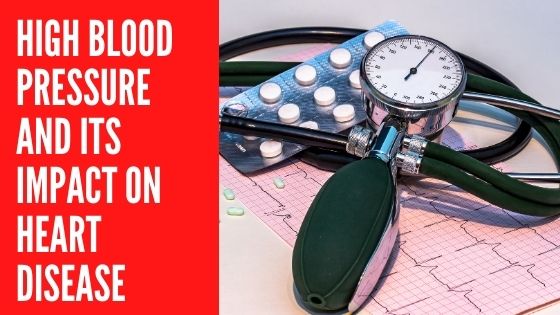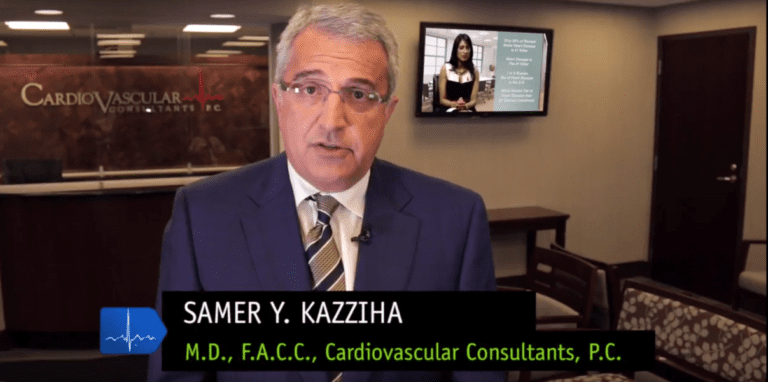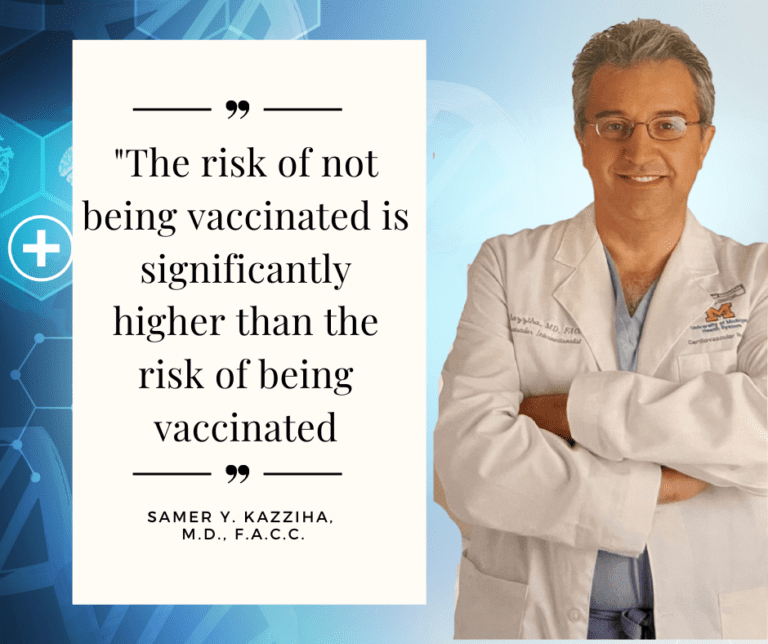Hypertention
High blood pressure is a common disease that affects a third of the adult population, according to the World Health Organization. It is caused by the increase in the pressure force exerted by the blood on the arteries in a sustained way. It is a disease that does not give symptoms for a long time and, if left untreated, can cause severe complications such as heart attack, stroke, kidney and eye damage, among other complications. Which can be avoided if properly controlled.

HTA can affect health in four main ways:
• Loss of elasticity of the arteries. The pressure inside the arteries can increase the thickness of the muscle cells that cover the walls of the arteries. This increase in thickness reduces vascular lumen, that is, it narrows the arteries, increasing the risk of heart attacks.
• Hypertrophy and dilation of the heart. Hypertension forces the heart to work more intensely. Like any muscle with overload, the heart increases its thickness. It is what we call hypertrophy. In advanced phases of HT, it is not only hypertrophied but also increases in size, that is, it dilates. The more dilated, it has less ability to maintain adequate blood flow. When this happens, the heart has begun to fail and then we must talk about insufficiency of hypertensive cause.
• Kidney damage. Prolonged hypertension can damage the kidneys if the arteries that water them are affected. Committing blood clearance.
• Eye damage. Hypertension can cause ruptures in the small capillaries of the retina of the eye, causing effusions. This problem is called “retinopathy.”
What are your causes?
Approximately 95% of all cases of hypertension constitute what is called primary or essential hypertension. This means that the true cause of high blood pressure is unknown, but there are several factors related to the disease.
The risk of suffering from hypertension is greater if the person:
- You have a family history of hypertension.
- It is African American. African Americans have a higher incidence of high blood pressure than whites, and the disease usually appears at a younger age and is more severe.
- It is male. In women the risk is higher after 55 years (menopause).
- He is over 60 years old. Blood vessels weaken over the years and lose their elasticity.
- Faces high levels of stress. According to some studies, stress, anger, hostility and other personality characteristics contribute to hypertension. Emotional factors most likely contribute to the risk of certain people who have other risk factors for hypertension.
- Suffer from overweight or obesity.
- He is a smoker.
- Use oral contraceptives. Women who smoke and use oral contraceptives greatly increase their risk.
- Eat a diet high in saturated fats.
- Eat a diet high in sodium (salt).
- It is physically inactive.
- It is diabetic.
The remaining 5% of patients with high blood pressure suffer from what is called secondary hypertension. This means that high blood pressure is caused by another disease or condition. Many cases of secondary AHT are caused by kidney disorders.
The following are other factors that can cause secondary hypertension:
- Alterations of the parathyroid glands.
- Acromegaly, which is when the pituitary gland produces an excess of growth hormone.
- Tumors in the adrenal glands or pituitary gland.
- Reactions to prescription medications for other medical problems.
- Pregnancy
How do I detect high blood pressure
The only way to detect hypertension is your daily measurement. Many people have high blood pressure for years without knowing it. There are two measures: systolic blood pressure (SBP) or maximum and diastolic blood pressure (PAD) or minimum. High blood pressure (hypertension) is considered when said maximum measurement is greater than or equal to 140 and the minimum is 90, while at rest.





